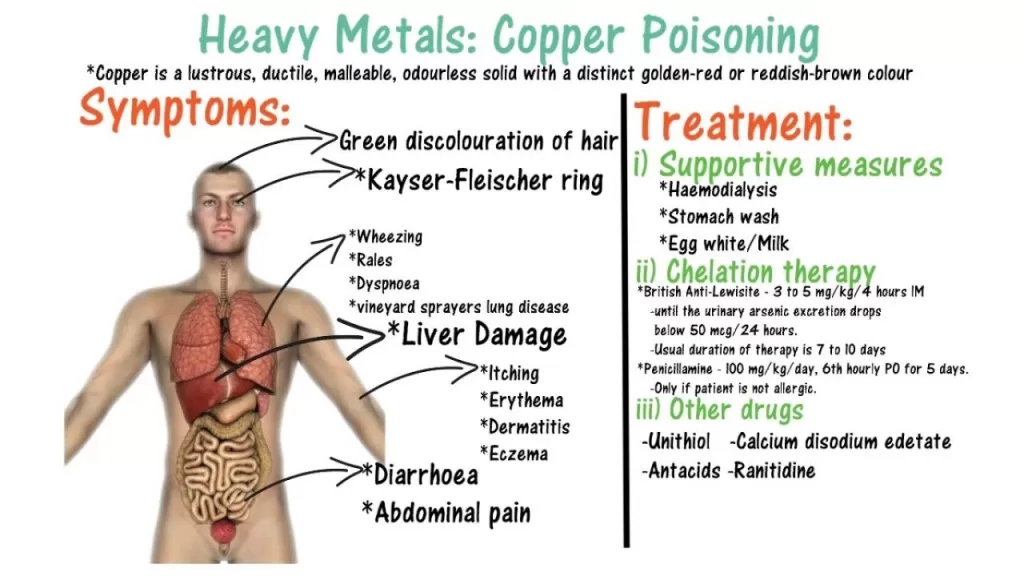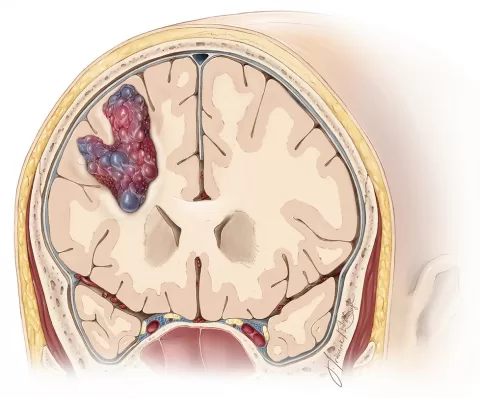Blood poisoning, commonly referred to as *sepsis*, is a critical medical condition that arises when an infection leads to an overwhelming immune response in the body. This alarming situation can escalate quickly, resulting in severe complications such as organ failure and tissue damage. Understanding the symptoms of blood poisoning, which include fever, rapid heartbeat, and confusion, is vital for early detection and treatment. The causes of blood poisoning can vary widely, encompassing anything from skin infections to respiratory ailments. Timely blood poisoning treatment is essential to mitigate risks and improve survival rates, making awareness of this severe condition paramount for anyone concerned about their health.
Blood poisoning, often linked to terms like *systemic infection* or *bacteremia*, signifies a dangerous state where pathogens invade the bloodstream, triggering a widespread inflammatory response. This condition, which falls under the broader umbrella of sepsis, can stem from various sources, including localized infections that escalate quickly. Recognizing the early signs of blood poisoning, such as chills or confusion, is crucial in preventing the progression to severe illness. Treatment options are critical and typically involve antibiotics and supportive care to stabilize the patient’s condition. By understanding these terms and their implications, individuals can better advocate for their health and seek prompt medical intervention when necessary.
Understanding Sepsis and Blood Poisoning
Sepsis, often referred to as blood poisoning, is a critical condition that arises when the body’s response to an infection goes awry. This overwhelming response can lead to systemic inflammation and, if left unaddressed, can result in severe complications such as organ failure and death. It’s essential to recognize that while blood poisoning indicates the presence of pathogens in the bloodstream, sepsis encompasses a broader systemic response that can be triggered by various infections. The complexities of sepsis highlight the importance of timely medical intervention to prevent the escalation of symptoms and complications.
The relationship between sepsis and blood poisoning is crucial for understanding how infections can escalate. Blood poisoning may manifest from localized infections, such as those in the lungs or urinary tract, and can develop into sepsis if the body’s defenses are overwhelmed. Therefore, recognizing the transition from a localized infection to a systemic response is vital for prompt diagnosis and treatment. Awareness of the symptoms associated with both conditions is the first step toward effective management and reduction of mortality rates.
Common Symptoms of Blood Poisoning
Symptoms of blood poisoning can vary but commonly include fever, chills, rapid heartbeat, and confusion. These signs indicate the body is fighting an infection, and they may escalate quickly. For instance, a fever can suddenly spike, accompanied by chills as the body attempts to regulate its temperature. Rapid heart rates reflect the body’s effort to pump blood more efficiently to combat infection. Recognizing these symptoms early is crucial for ensuring timely medical attention.
As blood poisoning progresses, symptoms may become more severe, leading to altered mental states and physical manifestations such as a rash or streaks on the skin. These visual indicators can signal serious infections that require immediate care. Shortness of breath and extreme pain can also arise, suggesting that vital organs may be affected. Understanding these symptoms and their implications is essential for individuals and caregivers, as early intervention can significantly improve outcomes.
Causes of Blood Poisoning and Sepsis
Blood poisoning can stem from various sources, including skin infections, urinary tract infections, and respiratory infections like pneumonia. Each of these conditions has the potential to introduce bacteria into the bloodstream, triggering a cascade of immune responses. For example, cellulitis, a bacterial skin infection, can escalate if not treated promptly. Similarly, urinary tract infections, while often manageable, can lead to blood poisoning if bacteria enter the bloodstream, emphasizing the need for awareness and proactive management of infections.
Gastrointestinal infections and complications from medical devices such as IV lines can also lead to blood poisoning. Conditions like appendicitis may allow bacteria to penetrate the bloodstream if the intestinal walls become compromised. Understanding these causes not only highlights the importance of infection prevention strategies but also reinforces the need for regular medical check-ups and monitoring, especially for individuals with chronic health conditions or compromised immune systems.
Effective Blood Poisoning Treatment Protocols
Treatment for blood poisoning typically begins with the administration of antibiotics, which are crucial for combating the underlying infection. The rapid initiation of antibiotic therapy can be life-saving, as it helps to control the infection before it leads to more severe complications. Additionally, intravenous (IV) fluids are often required to stabilize blood pressure and ensure adequate hydration, which is critical in managing sepsis.
Supportive care is also an essential aspect of treatment for blood poisoning. This may include oxygen therapy to aid breathing and medications to stabilize heart rate and blood pressure. In some cases, surgical intervention may be necessary to remove the source of infection, especially if it originates from an abscess or infected tissue. Understanding the comprehensive approach to treating blood poisoning can empower patients and their caregivers to seek immediate medical assistance when symptoms arise.
Complications Associated with Blood Poisoning
If not addressed promptly, blood poisoning can lead to severe complications, including organ failure and septic shock. Organ failure occurs when the body’s organs, such as the kidneys, liver, and lungs, cease functioning effectively due to the overwhelming infection. This can result in long-term health issues or even death, making early recognition and treatment of symptoms critical.
Tissue necrosis is another serious complication that can arise from blood poisoning. This occurs when blood flow to certain areas of the body is compromised, leading to tissue death. In severe cases, this may necessitate amputation of affected limbs or tissues. The risk of developing septic shock, characterized by a drastic drop in blood pressure, further underscores the importance of timely medical intervention to mitigate these life-threatening complications.
Frequently Asked Questions
What are the common symptoms of blood poisoning?
The symptoms of blood poisoning, or sepsis, include fever or chills, rapid heartbeat, confusion or disorientation, skin changes such as rashes, shortness of breath, and extreme pain or discomfort. Recognizing these symptoms early is crucial for prompt treatment.
What are the primary causes of blood poisoning?
Blood poisoning can result from various infections, including skin infections like cellulitis, urinary tract infections (UTIs), respiratory infections such as pneumonia, gastrointestinal infections, and infections related to medical devices like indwelling catheters. Understanding these causes can help in prevention.
How is blood poisoning treated?
Treatment for blood poisoning or sepsis typically involves immediate administration of antibiotics to tackle the underlying infection, intravenous (IV) fluids to maintain blood pressure, and supportive care such as oxygen therapy. Timely medical intervention is critical for recovery.
Is bacteremia the same as blood poisoning?
Bacteremia refers specifically to the presence of bacteria in the blood, which may or may not lead to blood poisoning or sepsis. While all blood poisoning cases may involve bacteremia, not all bacteremia results in sepsis, highlighting the importance of understanding these distinctions.
What complications can arise from untreated blood poisoning?
If left untreated, blood poisoning can lead to severe complications such as organ failure, tissue necrosis, and septic shock. These conditions can have life-threatening consequences, making early recognition and treatment vital.
| Key Points | Details |
|---|---|
| Definition | Blood poisoning, or sepsis, is a severe condition resulting from the body’s response to infection. |
| Causes | Common causes include skin infections, urinary tract infections, respiratory infections, gastrointestinal infections, and infections from medical devices. |
| Symptoms | Symptoms include fever, rapid heartbeat, confusion, skin changes, shortness of breath, and extreme pain. |
| Treatment | Treatment typically involves antibiotics, IV fluids, and supportive care. |
| Complications | Potential complications include organ failure, tissue necrosis, and septic shock. |
| Related Conditions | Conditions related to blood poisoning include bacteremia and Systemic Inflammatory Response Syndrome (SIRS). |
Summary
Blood poisoning, also known as sepsis, is a critical health condition that arises as a result of the body’s inflammatory response to infections. It is essential to understand the causes, recognize the symptoms, and differentiate it from sepsis to facilitate timely medical intervention. Awareness of blood poisoning can significantly enhance outcomes, as immediate treatment is crucial to prevent severe complications such as organ failure and shock. By prioritizing hygiene and seeking medical help when symptoms arise, individuals can protect themselves against this potentially life-threatening condition.
The content provided on this blog (e.g., symptom descriptions, health tips, or general advice) is for informational purposes only and is not a substitute for professional medical advice, diagnosis, or treatment. Always seek the guidance of your physician or other qualified healthcare provider with any questions you may have regarding a medical condition. Never disregard professional medical advice or delay seeking it because of something you have read on this website. If you believe you may have a medical emergency, call your doctor or emergency services immediately. Reliance on any information provided by this blog is solely at your own risk.








